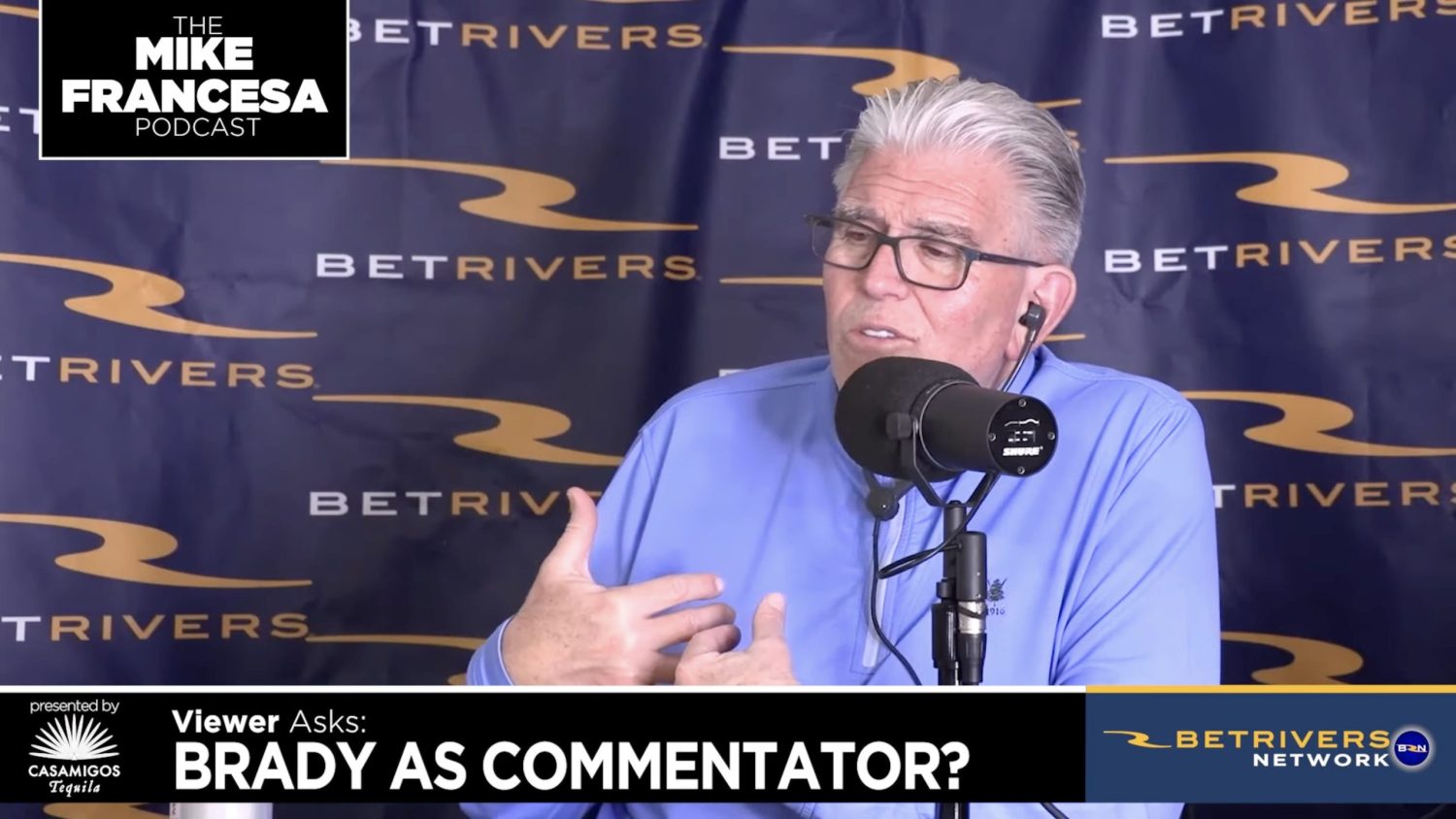You won’t find Marcellus Wiley on television these days as he pursues a solo digital podcast venture. That is in part because he is searching for another cohost he connects with as deeply as Max Kellerman, with whom he hosted Max and Marcellus for ESPN Los Angeles from 2010-16.
Wiley was an early pioneer of athletes moving into national sports media, and Max and Marcellus rose from a local show to ESPN’s national afternoon drive slot as it developed a sizable audience. In an interview with Dan Le Batard released last week, Wiley explained what made him and Kellerman so successful as a pairing.
“It was the best chemistry in large part because we have a lot of similarities in how we look at life,” Wiley said on Le Batard’s South Beach Sessions podcast. “Family first, our affinity for learning, hip-hop, beefing, clowning, we were just brothers from another in that respect.”
Not only did the pair get along well, they were able to be extremely open and honest while on air as well.
“He’s a smart dude, but he’s a real dude,” Wiley said of Kellerman. “He helped me through some really painful moments. He helped reconcile my father and I … on air. The death of my former teammate Junior Seau, many moments where I was really emotional. And sometimes in despair, Max and I talked it out on-air. Vulnerable.”
Looking back, Wiley misses the energy of his start in sports media. Back then, Wiley said, his lane was clearer and so were the audience’s expectations.
“It all was simpler back then in terms of the topics, the whole agenda just to entertain and educate fans,” Wiley explained. “But from a reality base that is now much looser than it was even 10 years ago. I got into it because I loved to translate the message, translate the experience of what it was to be a professional athlete.”
Over time, Wiley saw the medium was evolving as debate shows took over.
“But then you start to realize, you’re going to have to make a choice,” Wiley said. “Either you’re going to have to get in one of these circus tents and do a little more theatrics, or you’re not going to be ‘All-Pro.'”
As he got more experience, Wiley also realized that what made him a unique voice as a retired athlete also made it harder for him to lean into the same tropes that the most popular hosts use.
“None of those guys, the Skip, Stephen A., Colin, traditional media who make the most, they didn’t play,” Wiley told Le Batard. “They didn’t have that investment. So that gives them, I think, a detachment that allows them to activate their performance even more than me. I feel inhibited, I feel restricted because of my investment.”
That made him appreciate his chemistry and connection with Kellerman even more.
Since Kellerman was laid off by ESPN, the two have discussed a potential reunion in the future, Wiley said. But ESPN is paying Kellerman for another year, so they haven’t bothered to discuss specifics.
But clearly Wiley believes there’s something missing from today’s sports shows, and that the void is something he and Kellerman could help fill.
“With Max and I, if it’s something we’re thinking about, let’s talk about it,” Wiley added. “And that led us to getting to places where I wasn’t with any other cohost, and I think the audience felt the same way.”
[The Dan Le Batard Show with Stugotz on YouTube]







